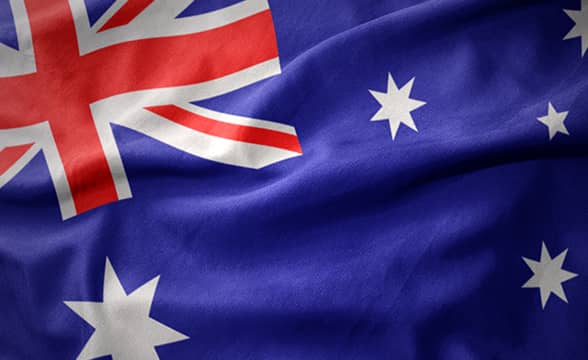Citizens in Ballarat, Victoria, are going to be the first to try out the Andrews Labor Government’s new approach to providing more personalized help to those affected by gambling harm, and it all starts with a simple question by a health practitioner, inquiring if the client is gambling or not.
Possibly the Future of Gambling Harm Help in Victoria
Locals in Ballarat, Virginia, will be the first to experience the new personalized approach. The trial program will address some core issues that both seekers, as well as providers, of gambling harm help face. Melissa Horne – Minister for Consumer Affairs, Gaming and Liquor Regulation – has stressed that “tailored treatment options are so important for long-term recovery” and one of the main reasons for that is because “everyone experiences gambling harm differently.”
Naturally, as Horne launched this pilot alongside Michaela Settle and Juliana Addison – members for Buninyong and Wendouree respectively – providing this new degree of personalization is the focus of the pilot. Settle echoed the sentiment, saying that “gambling harm is a complex issue,” while also including a prime example of why exactly that is, citing that it’s even more devastating “when it co-exists with other conditions.”
As gambling addiction – or problem gambling as it’s often referred to – might be considered a social stigma on its own, pairing it with pre-existing or co-existing mental and psychological issues, which are sometimes also heavily stigmatized, means seeking help can indeed become very challenging for sufferers. The new trial program aims to remove these kinds of barriers that might stop someone afflicted in their tracks and they might never reach any government-provided help.
The pilot program will address the issue on the side of practitioners as well, targeting them with additional training, focusing on those practicing within the mental health, alcohol, and other drugs sectors and aims to provide people seeking help with easier access to them.
The official media release from the Victoria State Government reads that “It starts with a simple question by a health practitioner to their client about whether they gamble and progresses through the appropriate pathway for each person from there.” This is how wider access to help corridors will become available, as well as the first steps of assisting the client in seeking the appropriate help channel, making the entire process more personalized. The proposed solution might seem like a simple one, but it will definitely stress the importance of meeting a trained practitioner.
Every bit of information obtained from this pilot can be crucial in further developing or innovating entirely new programs for help-seekers across the state.
Addressing Australia’s Gambling Problem
Gambling harm minimization and money laundering are the two most sore topics when it comes to discussing problems within the gambling industry. The Victorian Government has been pushing for tougher regulations on gambling operators for some time, and just at the beginning of this month, we saw new gambling harm minimization laws being passed. Changes to gambling laws could not come soon enough, as a short article posted on the Australian Institute of Family Studies (AIFS) cited that “Australians spend more on gambling per capita each year than any other country.” According to a study, cited in the governmental body’s article, “over a third of Australian adults” have participated in at least some form of gambling “in a typical month in 2018.” Some more recent estimates provide a scary outlook, suggesting that 7.2% of Australia’s adults (that’s around 1.3 million people) are at risk or are already exposed to gambling harm and/or problem gambling.
Changing the point of consumption tax (POCT) in NSW, as well as trialing cashless pokies to fight money laundering or providing help to problem gamblers from diverse backgrounds, are just some of the numerous actions Australian state governments are taking to help alleviate any and all gambling-related problems throughout the country.


